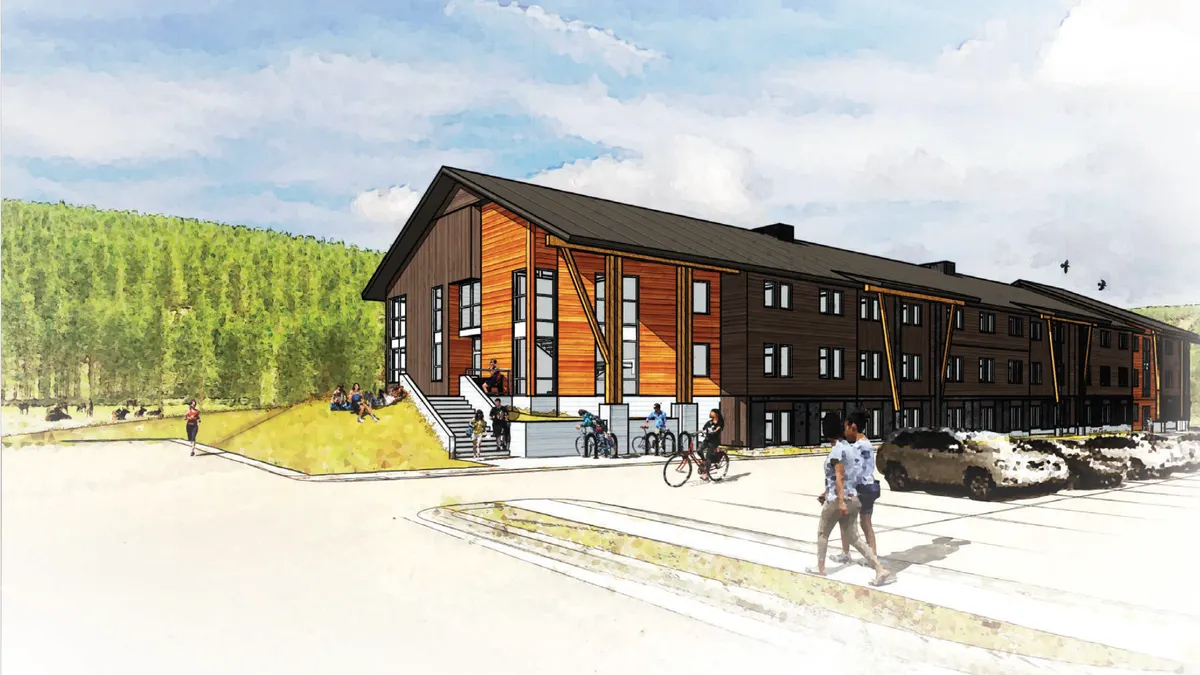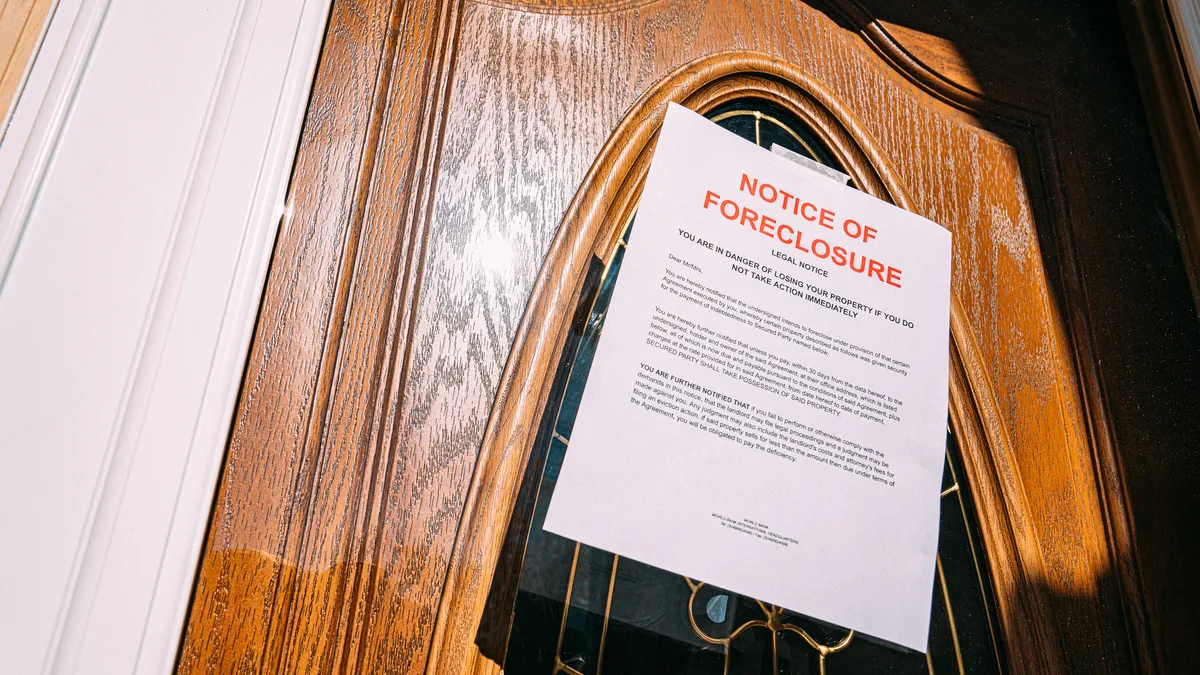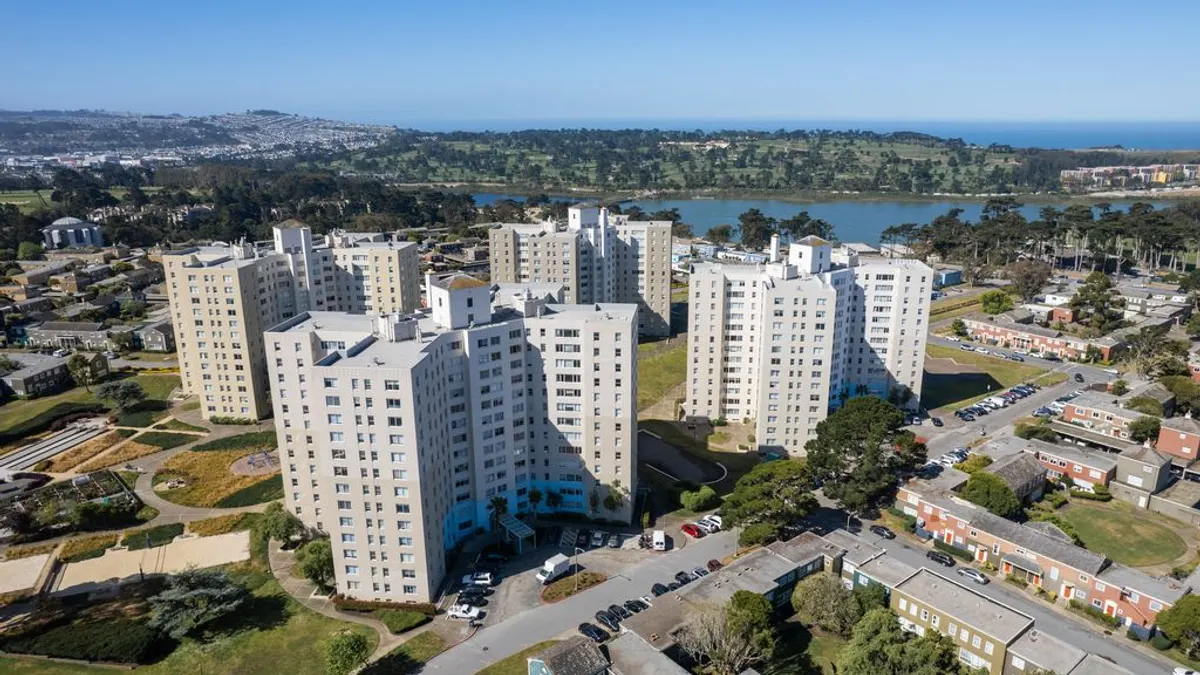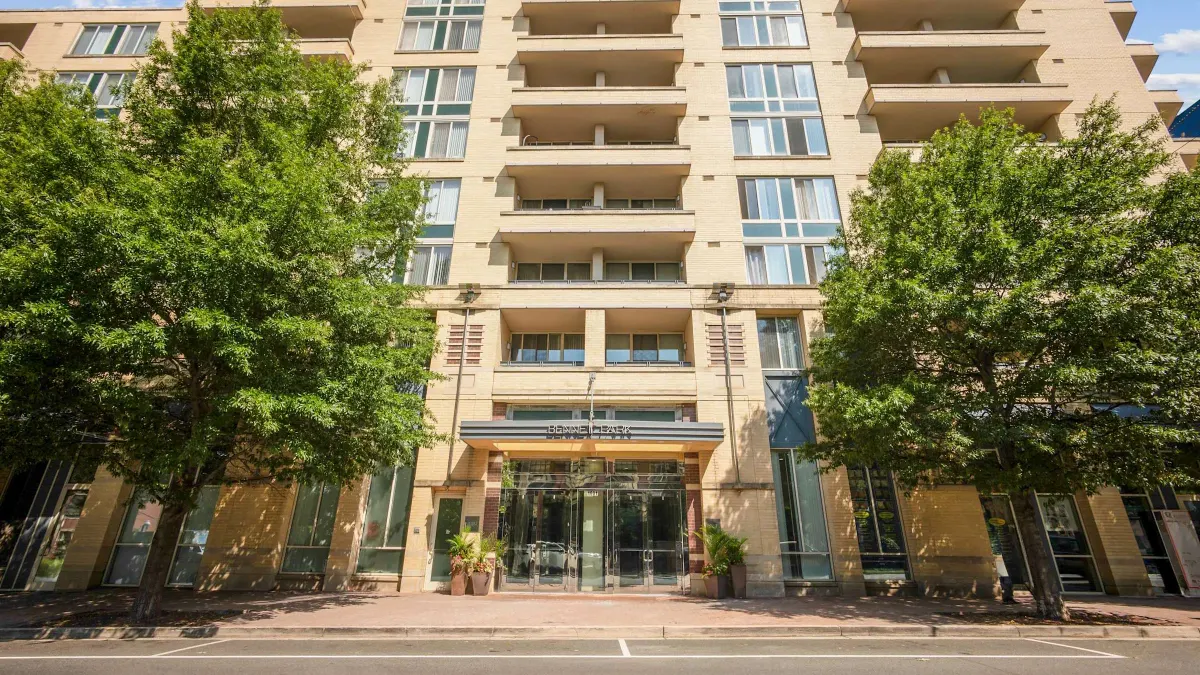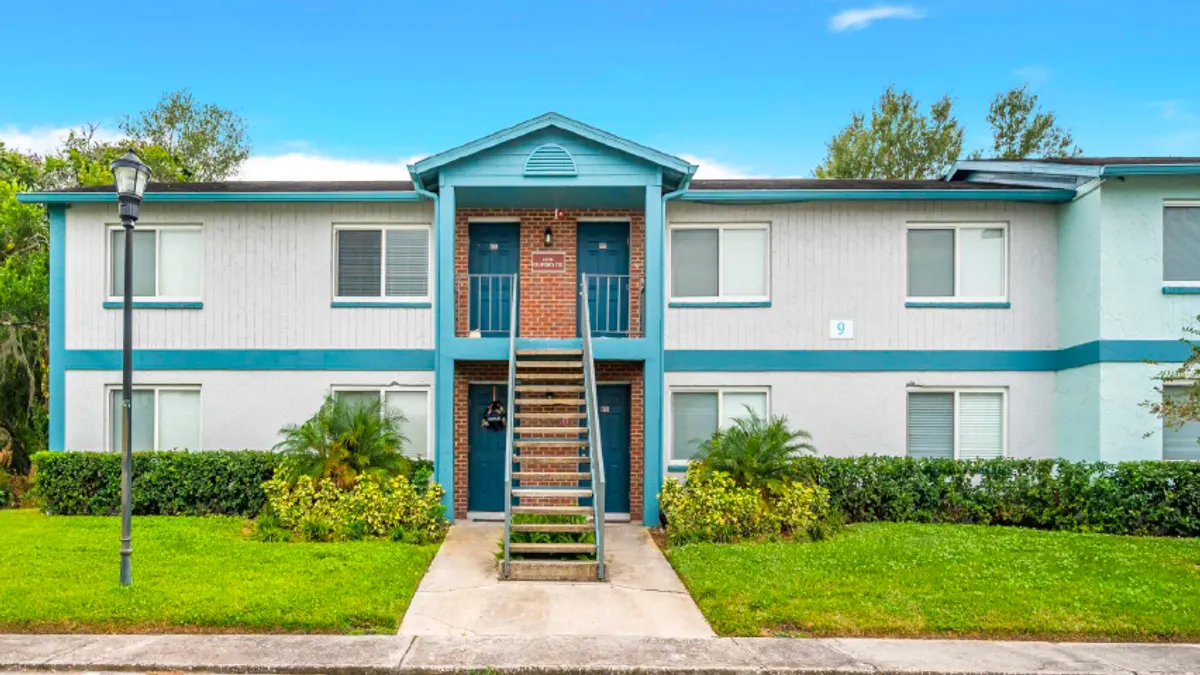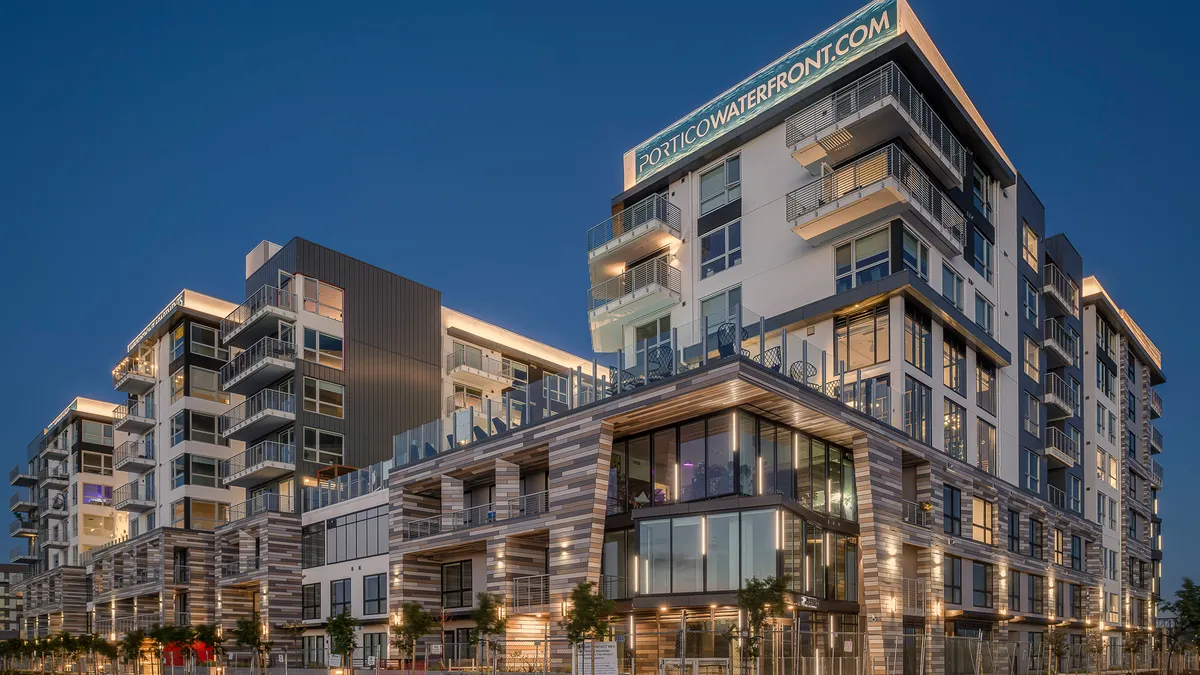National Multifamily Housing Council President Sharon Wilson Geno opened this year’s Apartment Strategies Conference with what was surely breaking news for many members.
The night before, the U.S. Office of Management and Budget issued an internal memorandum instructing federal agencies to “temporarily pause all activities related to obligation or disbursement of all Federal financial assistance.”
For apartment owners and residents, the implications of this order could have been wide-ranging.
“It seems that many of the HUD programs and Section 8 programs… will likely be exempted, either initially or eventually, but more information is coming in,” Geno said at the event last week in Las Vegas.
By the end of the conference, U.S. District Judge Loren AliKhan had temporarily paused the freeze and the administration had rescinded the memo.
The effects of Trump administration policy were only one topic at the Apartment Strategies Conference. Here are three major takeaways from the event:
1. Developers adjust to stay active
To get apartment projects started in this uncertain environment, developers need to diversify their sources of equity as institutions have pulled away from construction. For the ones that have been lucky enough to start projects during this construction downturn, that means looking abroad for capital.
“When institutions are on the sideline, we have to get creative,” said Erin Spears, president of Chicago-based developer Fifield Cos.
San Diego-based owner, manager and developer Fairfield Residential has sought capital partners in Asia and the Middle East, according to Tommy Brunson, president of development and construction at the firm.
In December 2023, Sumitomo Forestry America acquired a 90% stake in Dallas-based developer JPI’s development platform. The developer has also found equity partners with other investment groups in Japan and the Middle East, according to Adrienne Bain, managing director of capital markets at JPI. “Foreign capital is chasing yield,” she said.
Developers are also looking to diversify their equity sources to family offices and high-net-worth individuals, in addition to institutions when they return.
“The best strategy is diversification,” Bain said.
On the debt side, developers are finding that lenders are more open to making deals at anywhere from 80% to 55% loan-to-value, depending on the sponsor and the amount of recourse, among other things.
“I’ve been blown away by the liquidity in the debt markets,” Spears said. “Leverage is up, recourse is down and spreads are down on construction loans.”
2. Absorption cushions the fall
Apartment deliveries hit highs not seen in decades in 2024. While those completions certainly caused fundamentals to deteriorate in many markets, particularly in the Sun Belt, the year also produced the second-highest level of absorption ever recorded, Jay Parsons, head of investment strategy at Lubbock, Texas-based owner and operator Madera Residential, said.
Others saw the same trend. “I was surprised,” said John Chang, national director of research and advisory services for Calabasas, California-based commercial real estate investment sales brokerage firm Marcus & Millichap. “We had really strong absorption in the second half of the year.”
The drivers of the absorption were young men without college degrees, as middle-level jobs in fields like government and insurance were created, according to Greg Willett, chief economist for Dallas-based insurance technology provider LeaseLock.
“Young men without college degrees who had been out of the market for so long, they suddenly started showing up,” Willett said.
With demand helping to absorb new supply and move-outs to homeownership at all-time lows, Parsons, Willet and Chang also see the rental market improving this year after bottoming out in 2024.
“We’re forecasting [that rent] goes up 3%,” Chang said. “I can see pathways that are going to exceed that.”
3. Expense control remains a priority
With rent growth plateauing and even falling over the past couple of years, apartment operators have renewed their focus on keeping expenses under control.
“We can't figure out a way to increase revenue, so we have to cut expenses, and it’s not just cutting expenses, but staying very mindful about what we're doing,” said Margette Hepfner, chief operating officer for Dallas-based manager Willow Bridge.
For some companies, relatively simple solutions have provided a big boost. For instance, Chicago-based owner and operator Waterton found success curtailing costs by installing fire suppression systems and leak detectors, according to managing partner of property management Stephanie Brock.
By minimizing the amount of time it takes for Waterton to respond to things like water leaks, these tools have “really saved on the bottom line,” according to Brock.
For Donna Summers, president of Gables Management, associate departure costs were a priority. The Atlanta-based owner, manager and developer looked at employee turnover by each position and upgraded onboarding and training processes.
“If they don't feel equipped, if they don't feel trained, they're going to leave,” Summers said.
In addition, Gables focused on mentorship programs and succession planning. “I also believe people leave because they don't know their path,” Summers said.
Click here to sign up to receive multifamily and apartment news like this article in your inbox every weekday.





